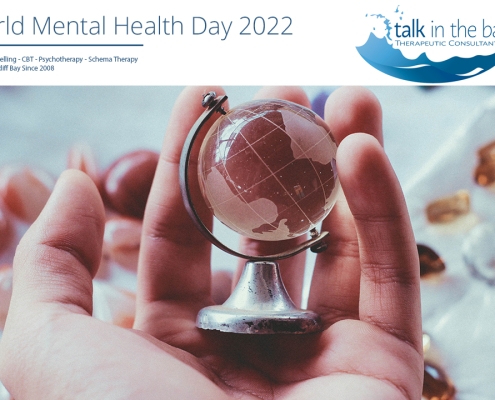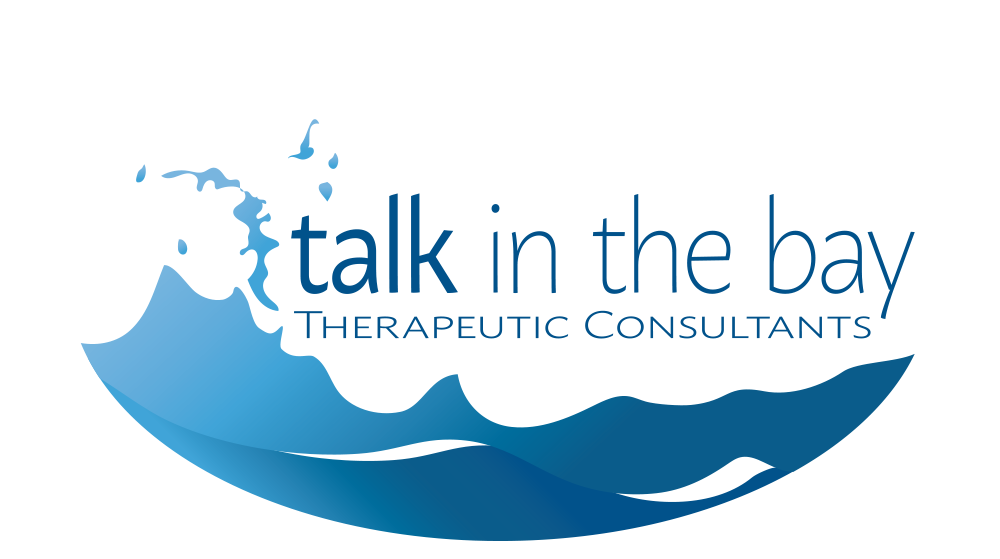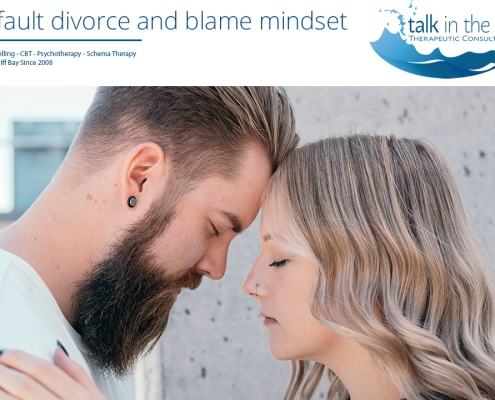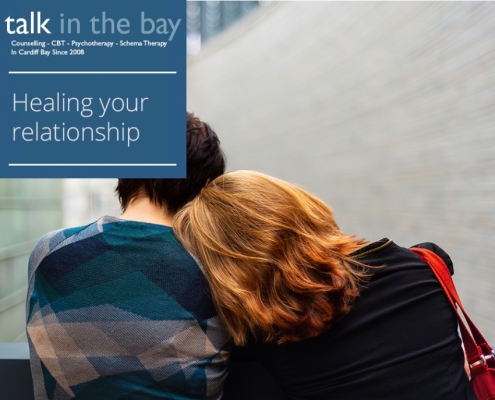 https://talkinthebay.co.uk/wp-content/uploads/2022/10/World-Mental-Health-Day-2022.jpg
720
1080
Carin Stenbeck
https://talkinthebay.co.uk/wp-content/uploads/2022/02/TalkintheBay_Logo_300dpi_Large.png
Carin Stenbeck2022-10-03 13:53:512022-10-04 13:39:59World Mental Health Day 22
https://talkinthebay.co.uk/wp-content/uploads/2022/10/World-Mental-Health-Day-2022.jpg
720
1080
Carin Stenbeck
https://talkinthebay.co.uk/wp-content/uploads/2022/02/TalkintheBay_Logo_300dpi_Large.png
Carin Stenbeck2022-10-03 13:53:512022-10-04 13:39:59World Mental Health Day 22What is work related stress counselling?
Work lies at the heart of every community, from the smallest tribe to the biggest civilization. Work supports society, gives structure and purpose to life, keeps the body and brain occupied and promotes a sense of satisfaction. When work is rewarding and enjoyable, it can provide a lifetime’s worth of wealth and fulfilment. However, when it causes unhappiness and stress, it can make life utterly miserable.
Work related stress counselling is increasing in Britain. Increasing numbers of people report feeling undervalued, overworked, underpaid and unfulfilled in the workplace – feelings that can lead to further complications with mental health. Anxiety, depression, low self-esteem and even suicidal thoughts can all be triggered by work related stress, along with physical health problems, relationship issues, sleep loss and feelings of self-doubt and inferiority.
What is work related stress?
Work related stress is quite simply a form of stress caused by things that happen at work. Challenge is a normal part of having a job, and most people enjoy it to a certain extent. However, when those challenges override the ability to cope, the body and mind can begin to suffer. While stress is a natural and useful human response, in excess it can be very unhealthy and cause all sorts of havoc across the body, including headaches, high blood pressure and depression.
The impact of work related stress
The UK government is taking steps to crack down on work related stress due to the far-reaching problems it causes both socially and financially. An estimated 13.4 million sick days are taken for work related stress every year, costing employers around £3.7 billion annually in lost productivity and £7 billion to the wider economy.
Why are we so stressed?
Of course, focussing on financial figures can only get us so far. The real issue here is that more and more people are suffering because of work. Life in the 21st century is undoubtedly fast-paced, highly stimulating and competitive. Technologies move fast and companies have to race to keep up – which of course puts pressure on employees to increase the pace. While some people prosper in this kind of environment, others don’t. According to The Independent, the suicide rate began to rise in the very same year the recession hit in 2008. Before that, the suicide rate had been on the fall for a decade, suggesting that job cuts, pay cuts and mounting pressures at work may be contributing to the nation’s deteriorating mental health.
Signs of work related stress
All forms of work can be stressful, regardless of a person’s salary, industry, or position. When work starts to get too much, you might start to experience physical and psychological symptoms. It’s important to listen to your body so you can get help when you need it. Ignoring your body’s messages will only make you ill while exacerbating your work problems.
Ask yourself this:
- Have your habits changed recently?
- Sleep deprivation – One of the most common symptoms of work related stress is sleep deprivation. It’s no good if you’re lying awake at night mulling over things that happen at work. Sleep deprivation can make you feel grumpy, tired and slow. It’s a vicious cycle – work related stress deprives you of sleep, while sleep deprivation makes it more difficult for you to concentrate and perform well at work.
- Eating habits – Overeating and under-eating are both classic signs of stress. Some people reach for junk food when they’ve had a particularly rough day, while others avoid food when they feel down. If you’ve noticed a change in your appetite then it could be down to stress. It’s important to consider how food affects how you function on a daily level. Are you getting enough energy? Are you putting on weight? Even the slightest change in your behavioural habits can impact your body and mind.
- Smoking and drinking – When you feel stressed out you might be tempted to reach for something that calms your nerves and distracts you from your thoughts. Cigarettes and alcohol can offer temporary relief and distraction from stress but in the end they will only make the problems worse. When you start to smoke and drink for emotional reasons, you put yourself at great risk of alcoholism and smoking addiction. Soon you may not be able to cope without these substances, leading to severe health problems like heart disease, cancer and organ failure. If you’ve started smoking and drinking more lately it’s worth asking yourself why.
- Mood swings – It can be difficult to control our emotions in stressful situations. You might find yourself getting really angry one minute and feeling fine the next. This can be disastrous in a professional environment and it’s a clear sign that you’re unable to cope with the level of stress you’re experiencing.
- How do you feel?
Of course, the easiest way to tell if you’re suffering from work related stress is to listen to your own feelings. Although it sounds simple enough, often we get so caught up with what we’re doing that we forget to reflect on how we actually feel.
Feelings associated with work related stress include:
- dreading going to work
- self-doubt
- sensitivity i.e. tearful, aggressive
- loneliness/solitude
- loss of motivation, passion or enthusiasm.
The thought of work should not fill you with dread or anxiety. If you get home at the end of the day feeling down, then you need to think about why this is and what you can do to change it.
- Do you have any physical symptoms?
Sometimes our bodies know us more than we do. You might dismiss stress as a passing phase, but even short periods of stress can have negative effects on the body.
Physical symptoms of stress include:
- aches and pains
- diarrhoea and constipation
- feeling of sickness or dizziness
- chest pains
- lack of sex drive
- frequent colds.
What causes work related stress?
Why are you unhappy at work? You might find it hard to pinpoint exactly why you feel stressed, because stress is by nature very overwhelming. When emotions are high, reason often goes out of the window. Below are some of the most common causes of work related stress:
- You don’t have the dream job you hoped for.
- Your workload is unmanageable.
- Your hours are too long.
- There’s too much pressure to meet unattainable targets.
- You feel undervalued – you feel you deserve a pay-rise or promotion but your boss won’t give you one.
- You feel like your skills are being supressed – there are no opportunities for further training or qualifications.
- You don’t get along with your colleagues.
- You are being bullied.
- You are being made redundant.
Bullying at work
Bullying at work can often be very subtle and underhand. For this reason, it can be quite hard to spot. If you think you are being bullied at work, you can find more information on our bullying page. Some of the main forms of bullying at work include gossiping, verbal abuse, public humiliation and emotional manipulation. Being bullied at work can lead to feelings of self-doubt, low self-esteem and depression. Don’t be afraid to take action – get help as soon as you can and don’t let other people make you feel unhappy.
How can counselling help with work related stress?
It is important to seek help if you think you are suffering from work related stress. It’s easy to think it’ll pass, or that it’s all part of the natural working world but the truth is – it’s not. Work, in general, should make you feel good. Having a job adds structure and purpose to life, while earning money is the key to independence and freedom.
Of course there will be days where you feel tired, emotional and stressed out but if you’re carrying those feelings around with you every day, you will wear yourself out. Work related stress can lead to the following mental health problems:
If work stress is starting to impact your personal life – causing sleep deprivation, dread, anxiety and bad habits like drinking, smoking, or overeating, then may be useful to seek help. Counselling aims to get to the root of work related stress. We are all different and as such we all react differently to certain situations. It can be useful to explore your own unique patterns of thinking and behaving in a place away from the work environment. This will help you to unravel your feelings and move forwards more freely.
Sometimes, problems can stem deeper than they first appear. Many people continue to encounter the same problems time and time again in life because they don’t tackle them from the roots.
Work related stress counselling can bring these issues to the surface and deal with them one by one in a confidential setting. By addressing your work related stress, you can lower your risk of it developing into a more serious problem.
Let us help
Cognitive behavioural therapy (CBT) is a talking therapy that can help you manage your problems by changing the way you think and behave.
It is most commonly used to treat anxiety and depression, but can be useful for other mental and physical health problems.
Solution-focused brief therapy – also known as solution-focused therapy – is an approach to psychotherapy based on solution-building rather than problem-solving. Although it acknowledges present problems and past causes, it predominantly explores an individual’s current resources and future hopes – helping them to look forward and use their own strengths to achieve their goals.
Schema Therapy helps you to understand and gain clarity of where and why difficulties have developed in life and provides a treatment plan for healing.
Learn more about Schema Therapy
Acceptance and Commitment Therapy (ACT) is a form of psychotherapy and has been described as the fourth wave in therapy following CBT.
Applied Behaviour Analysis (ABA) is a data driven science of all behaviour.
BOOK NOW
Select Issue
Select Location
Select Therapist

Alison O’Connor
I am a BACP Accredited counselor, trainer and supervisor with 20 years of experience of helping adults and young people make sense of life’s challenges.

Clare Williams
I have over ten years of counselling experience working in areas of bereavement and loss, anxiety, self-esteem, self-injury and depression.

Jackie Moore
I am a qualified counsellor with a Postgraduate Degree in Integrative Counselling & Psychotherapy from the University of Wales in Newport (2007).

Kath Currell
I am a fully qualified Cognitive Behavioural Therapist, and have extensive experience, having worked as a counsellor for the last 12 years.

Liz Owen
Individuals £65, Couples £80.

Mandy Walsh
Mandy owns Talk in the Bay, holds a MA (CBT) Counselling (USW) and is a Certified Advanced Schema Therapist, Supervisor and Trainer.

Mireia Falco
I am passionate about working with people. I bring my own life experience, and curiosity in life to support those struggling with grief, anxiety, and depression in a compassionate and creative way.

Misbah Khan
Misbah holds a BSc in Psychology, a doctorate in clinical psychology (DClinPsy), a diploma in CBT and a qualification in systemic practice.

Paula Morgan
I am a mindfulness practitioner as well as a counsellor and clinical supervisor. My experience of providing supervision is extensive and includes practitioners across the helping professions.

Rachel Morse
Rachel qualified as an Integrative Therapeutic Counsellor in 2015 and is a registered member of the BACP. She also holds a Masters Degree in Counselling & Psychotherapy.

Sonia Wiltshire
With a post-grad diploma in integrated counselling, I have worked with a range of issues including all types of trauma, anxiety, depression and insomnia. Now I see clients online for TiB, principally using schema therapy.

Teresa Hughes
I hold an advanced diploma in Counselling and a certificate in working with drugs & alcohol both achieved from the Highlands College in Jersey, where I studied and lived for many years.


